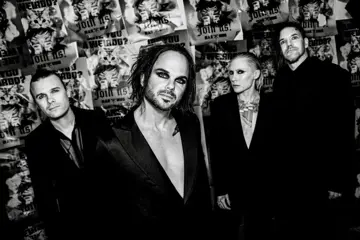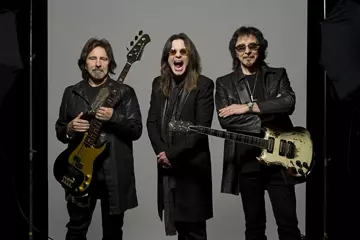Every three years since 1996, like clockwork, brothers Jean-Pierre and Luc Dardenne have had a film in Cannes' Official Competition about the hardscrabble lives of ordinary working class folk in their native Belgium. They've won two Palme d'Ors (the top prize) and almost unanimous critical acclaim for each film, routinely praised for their austere realism and clear-eyed humanism. Their latest, The Kid With A Bike, concerning a young boy's escape from an orphanage and quest to find the father who abandoned him, happens to be their most accessible yet, without any major adjustments to their signature style, only the addition of non-diegetic music marking a shift.
Though their films are superficially far removed from Hollywood modes of storytelling (handheld camera, long takes et al.), I tend to squirm when 'naturalistic' and 'reserved' are used as the main superlatives in praise of them. At their best, the brothers' films are positively Hitchcockian, displaying a textbook knowledge of classic suspense tropes (Rosetta and L'Enfant feature chase scenes as tense as any action blockbuster). The Kid With A Bike is their most kinetic film, with its titular character proving initially opaque but also a source of the film's restless energy, as he – like many a Dardenne protagonist – embarks impulsively on a mission whose motives are borne of some fundamental urge.
Once again, the Dardenne bros prove that they get children better than virtually any other filmmaker does, both their psychology and work-in-progress morality. The film charts the journey of its titular child, and just as the title describes the possession that proves instrumental to it from the outset, it subtly hints at the sense of belonging that children crave and often selfishly pursue. It's a masterful portrait of learning the hard way.















